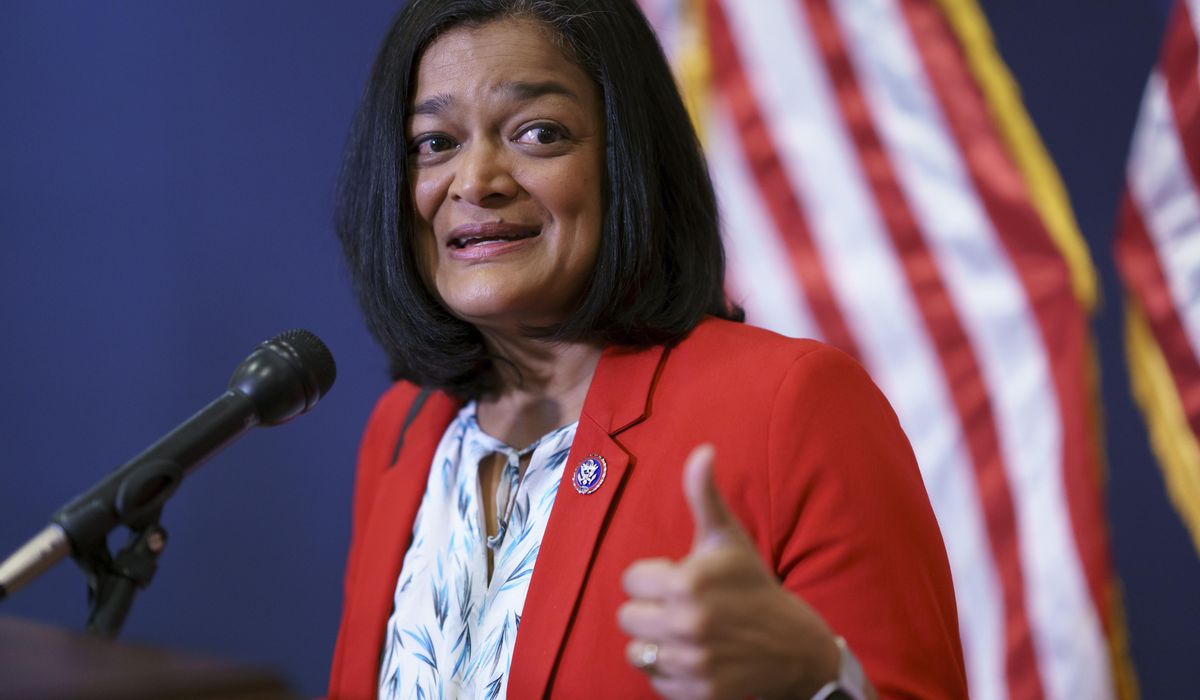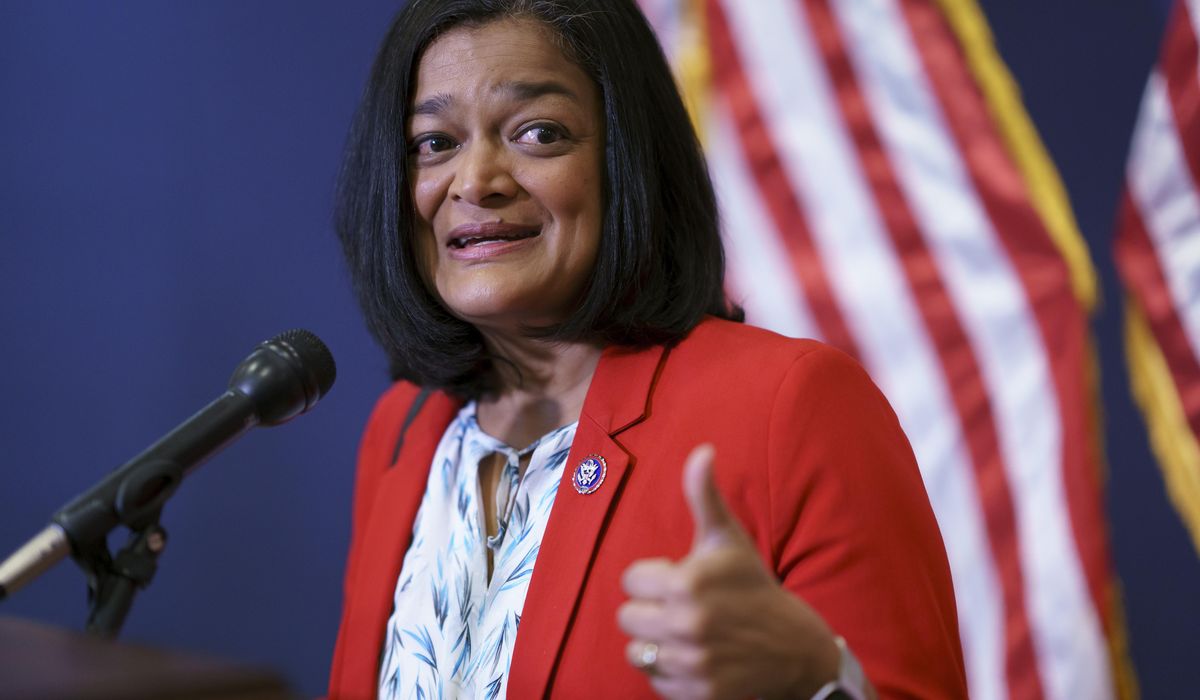
House Democrats on Tuesday moved to make permanent a dramatic expansion of Obamacare that includes giving government subsidies for health insurance to the poor and wealthy alike.
Democrats on the House Ways and Means Committee approved the subsidies-for-all measure and also removed a requirement that low-income people pay something toward their insurance under the Affordable Care Act, also known as Obamacare.
The committee vote added the legislation to the $3.5 trillion social welfare bill that Democrats are currently assembling and plan to ram through Congress in party-line votes.
The Democrats’ bill would also create a new federal program to provide Medicaid, the government-run health insurance for the poor, to those left out in the states that did not expand the program under the original ACA.
The no-limit Obamacare was originally a temporary measure in a COVID-19 relief package. It was intended to ensure everyone, even those with higher incomes, receives government subsidies and pays no more than 8.5% of their annual income on the Obamacare marketplace.
The expansion of the Affordable Care Act, however, opened a rift between Democrats in the House and Senate.
Senate Budget Committee Chairman Bernard Sanders wants to add more benefits to Medicare and lay the groundwork for a health care system entirely run by the federal government.
Despite having $3.5 trillion to spend, the Democrats cannot afford to do everything they want to transform health care in the U.S.
The pay-for dilemma came into sharper focus Wednesday when two House committees split on a proposal requiring drug companies to lower the prices they charge Medicare. The Democrats are planning to use the $456 billion in savings on their healthcare proposals.
The American Rescue Plan passed by Congress and signed into law by President Biden in March expanded the number of people who qualify for Obamacare subsidies by 20%, from 18.1 million to 21.8 million, according to a report by the nonpartisan Kaiser Family Foundation.
House Democrats want to keep it that way.
Expanding the program to include higher-income people could mean hundreds of dollars in subsidies for people who previously made too much to qualify for Obamacare.
A family of three making between $87,840 and $130,320 a year who paid too much of their income on premiums qualified for an average of $213 a month in federal health care subsidies. Those making more than $130,000, would qualify for an average of $80 in Obamacare subsidies, according to the Kaiser study.
Because older people pay higher premiums than younger people for Obamacare, the change would have the biggest impact on older people who buy insurance through the marketplace.
A single 60-year-old woman with a $55,000 income would see her monthly premium reduced from $634 to $146, a 77% decline. A 27-year-old would see a 6% to 9% drop, according to the Kaiser study.
As a trade-off to permanently expand Obamacare, House Democrats would delay adding coverage for dental treatment for seniors through Medicare until 2028, while adding less expensive coverage for vision and hearing.
However, the party’s far-left wing has made expanding Obamacare less of a priority than expanding Medicare because the Affordable Care Act still relies on private insurance companies to offer insurance. Medicare coverage, on the other hand, is provided by the government. The far-left sees expanding Medicare covers as a step toward “Medicare for All,” in which health insurance would be completely run by the federal government.
“We need to recognize that while the ACA did many good things, just providing subsidies to private insurance is not the way to move forward,” Rep. Pramila Jayapal, Washington state Democrat and chairwoman of the House Progressive Caucus, told Politico.
Mr. Sanders, a democratic socialist who caucuses with Democrats, is expected to use his perch on the Budget Committee to prioritize expanding Medicare. He envisions continuing the more generous Obamacare benefits for only a couple of years to save money for the Medicare expansion.
Those on the left who support expanding the Affordable Care Act argue that should Republicans control Congress when the expansion runs out, they are more likely to get rid of the Obamacare expansion than to take coverage for dentures, glasses and hearing aids from seniors.
It is increasingly likely that Democrats will have to scale back the size of the package. They may have to choose between expanding Medicare or Obamacare.
Republicans, though, say expanding either is a waste.
Before the coronavirus relief package, the Affordable Care Act gave varying amounts of federal subsidies based on income.
Those with the lowest incomes received traditional Medicaid.
While on average families of three making 138% of the federal poverty rate of about $22,000 a year for a family of three to qualify for the program, some states like Texas only allow those making 18% of the poverty rate to receive Medicaid.
The original Affordable Care Act also provided subsidies to allow states to expand Medicaid to people making up to 138% of the poverty rate or $30,000 for a family of four. But 12 states have not expanded Medicaid.
In addition, Obamacare provided subsidies for people to lower their cost of buying medical insurance. People making up to four times the poverty rate, about $87,840 a year, were eligible for Obamacare subsidies.
People who made below the poverty level but too much to qualify for Medicaid in their state received no government assistance.
Everyone on Obamacare, even those closest to the poverty level, had to pay something.
Under the relief package, lower-income people will no longer have to pay anything. Others, regardless of their income, would have to pay no more than 8.5% of their income to buy insurance on the Obamacare marketplace. The relief package also removed the cut-off limit on income to receive subsidies.







